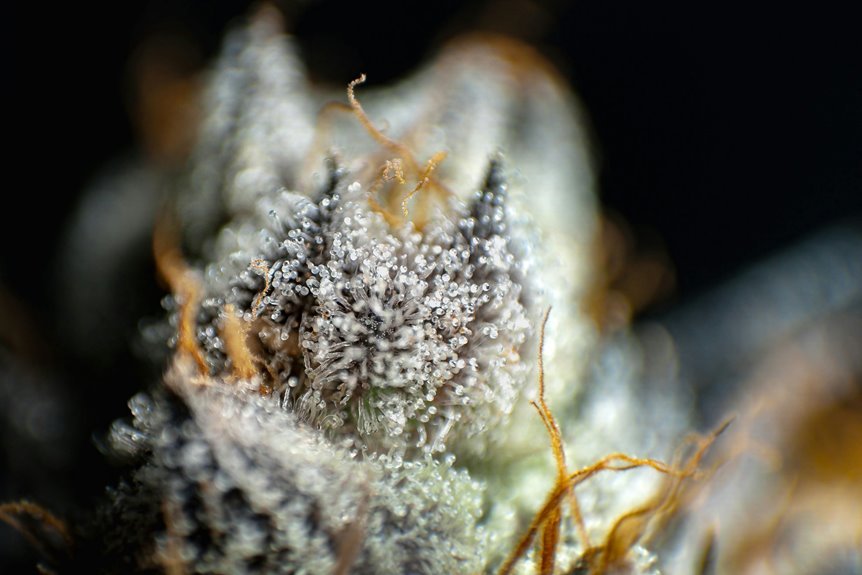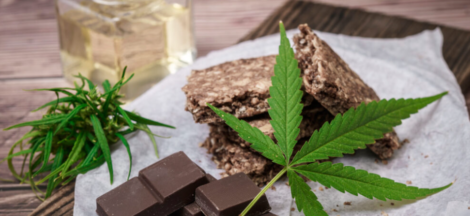The distinction between THC and CBD is essential in understanding cannabis products. THC, or tetrahydrocannabinol, is recognized for its psychoactive properties that create a high. Conversely, CBD, or cannabidiol, is valued for its therapeutic effects without the intoxication. This fundamental difference influences their applications and consumer preferences. As the cannabis landscape evolves, the implications of choosing one over the other warrant further examination. What factors should influence this choice?
Understanding THC: The Psychoactive Compound
Tetrahydrocannabinol (THC) is the principal psychoactive compound found in cannabis, responsible for the euphoric effects commonly associated with marijuana use.
The THC effects can vary widely, influencing mood, perception, and cognition.
As attitudes toward cannabis evolve, THC legality has become a focal point of legislation in various regions, reflecting a growing recognition of personal freedom regarding its consumption and use.
Exploring CBD: The Non-Psychoactive Alternative
What distinguishes CBD from its more famous counterpart, THC?
Primarily, CBD offers numerous benefits without psychoactive effects, making it appealing for those seeking therapeutic applications.
Its legality varies globally, with many regions allowing its use due to its non-intoxicating nature.
This accessibility positions CBD as a viable alternative for individuals desiring wellness solutions without the mind-altering properties associated with THC.
How THC and CBD Interact With the Body
Although THC and CBD originate from the same cannabis plant, their interactions with the body differ significantly due to their unique chemical structures and mechanisms of action.
THC primarily binds to CB1 receptors, inducing psychoactive effects, while CBD interacts with various receptors, modulating therapeutic effects without intoxication.
This distinct receptors interaction highlights the diverse potential of these compounds in influencing human physiology.
Benefits and Uses of THC and CBD
As the therapeutic landscape continues to evolve, the benefits and uses of THC and CBD are garnering increasing attention from both researchers and consumers.
THC is often explored for its analgesic and appetite-stimulating properties, while CBD is recognized for its potential anti-inflammatory and anxiolytic effects.
Both compounds offer significant health benefits, making them valuable in various therapeutic uses, from pain management to anxiety relief.
Conclusion
In conclusion, THC and CBD serve distinct purposes within the cannabis spectrum, catering to different user needs. While THC is primarily recognized for its psychoactive effects, CBD is valued for its therapeutic properties. Interestingly, a survey indicated that approximately 62% of cannabis users reported using CBD for medicinal purposes, highlighting the growing trend toward wellness-focused cannabis consumption. This differentiation underscores the importance of understanding each compound's unique characteristics and potential benefits for informed usage.





 How Long Does Cbd Last in Dogs System
How Long Does Cbd Last in Dogs System